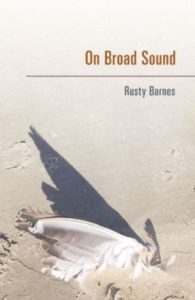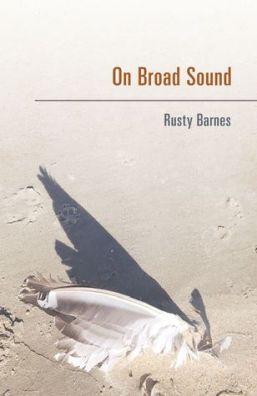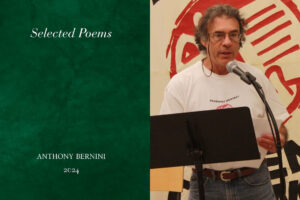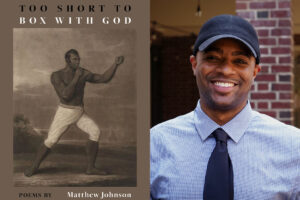On Broad Sound by Rusty Barnes
Nixes Mate Books, 2016
51 pages
$9.95 on Amazon
On Broad Sound is not only a poetic exploration of Revere, Massachusetts, but more significantly a narrative of the man who has called this seaside city home for over two decades. While writing about the streets, stores, bars, beaches, and other establishments, Barnes shares anecdotes with the reader that demonstrate how where you are is more a mental state than a physical one.
In “Peter’s Super Beef” when the narrator orders a chicken parm sub and some fries, he is transported back to memories from his childhood:
I’m forty-six and I look like a college
poofter compared with the muscled
guys making their way in here for
Cheese steaks and onion rings.
I like to grab my shit quick and eat
at a table near the tiny rest room
where I can watch these workers
with their t-shirts and dirty jeans
standing three deep at the counter
Talking about the Pats game,
Still in their hard hats and tool
belts. They all remind me of my
old man washing the grease off
his hands with Goop and getting
a beer out of a coke machine
at work before driving me home after
baseball practice………………….
This flashback shows how Barnes is able to create depth in this collection where he proves that place is a multidimensional concept. Barnes has a knack for word economy, which allows readers the opportunity to make their own connections with his images. In another piece, “Revere City Hall,” street musicians make the narrator think of his father.
I can imagine my father playing
His trombone blues with them
A slick player with a knack
For sounding fat in exactly the
Right place. But he’s dying
Slowly four hundred long miles
Away. How can I mourn him
Now? He’s a hair short of death
And I have nothing in my body
But his breath.
Barnes shows how distance can’t keep memories at bay. Even if you want to forget what is happening, even if what is happening is miles away, your mind can always bring you there. Throughout his poems there is of course humor and playfulness, but I am drawn to his poignant revelations. In “Heather at the Laundromax,” the narrator confesses that he felt both envy and guilt for the late hours his wife spent tending to the family’s needs while he wrote, “I”
somehow envied you these nights
surrounded by stories but having
worked all day before working more
at night I knew I had the easier time
of it and felt guilty. The sad sense I
tried to make then of the things you
did for love.
Barnes juxtaposes the physical with the emotional, which allows the reader to experience Revere in a more personal way. He exposes a range of emotions throughout. One of my favorite pieces is “After Sunday School, Winthrop Methodist Church,” when while watching his children he admits that in this life there is “no safety, only my fears like vapors woven into gods-eyes and given back to me.” It is as if Barnes is inviting the reader to visualize his children’s movements like string being wrapped around two sticks to make a gods-eye.





